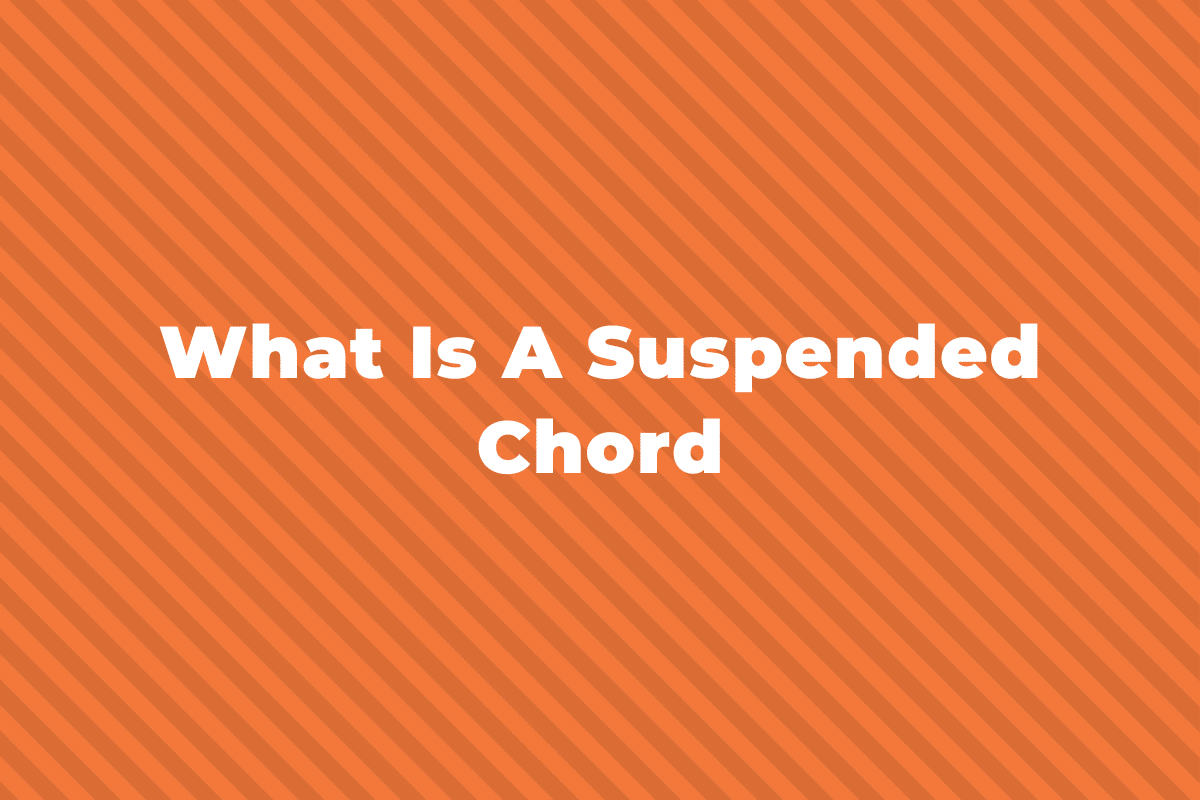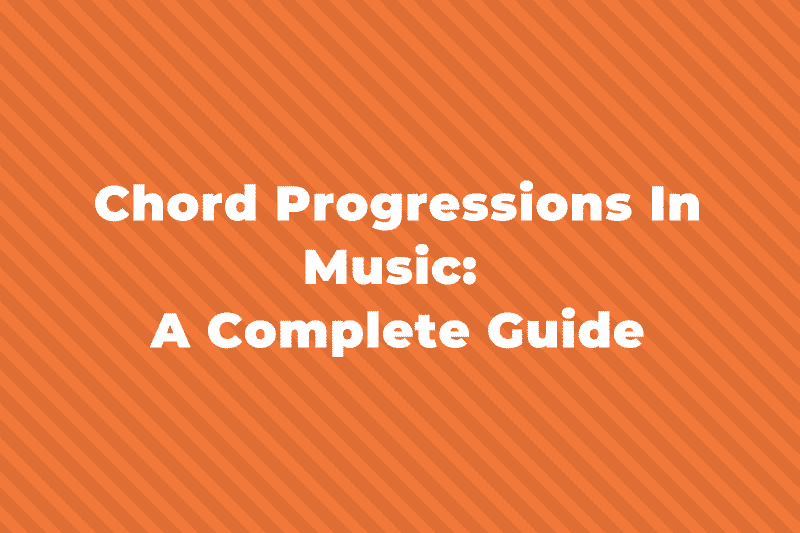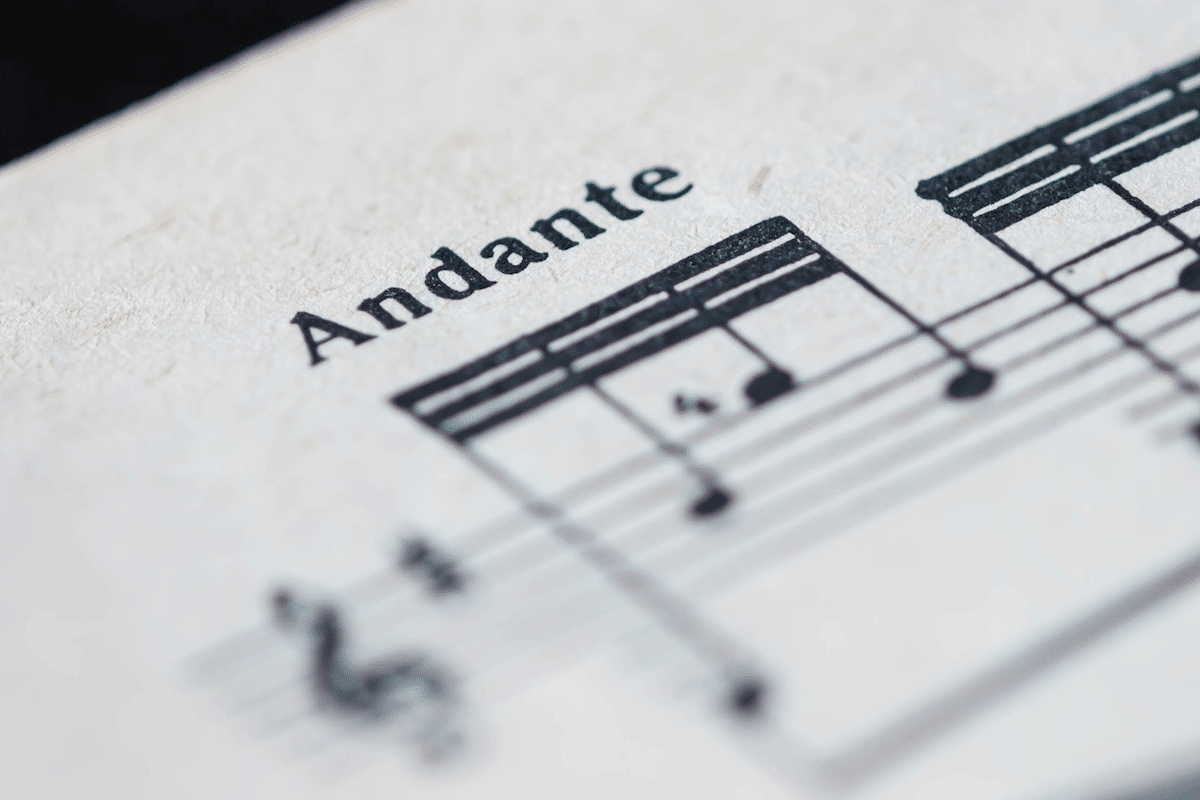Who likes taking an exam? I’m not sure anyone does. Music theory exams are no exception and can be even more nerve-wracking as usually, people will only take one of them in their lifetime.
In this post, I’m going to give you some of my top music theory exam tips and what to expect and how best to prepare for success.
1. Take lots of Practice Exams
Completing questions and exercises is obviously important when learning about a new topic, but nothing beats taking lots and lots of practice exams.
This is essential to giving yourself the best chance of passing.
With all my students I make them do several mock tests under “exam conditions” and time them so they get used to the time pressure of completing the paper.
One thing to be aware of is to make sure the past papers you are practicing with are suited to the examining board that your exam is for.
You don’t want to be practicing Trinity papers when you’re doing an ABRSM exam.
2. Learn the grade 1 performance terms
Having looked at a lot of music theory past papers over the years the one thing that I see come up over and over again is the questions about the grade 1 performance directions.
Even at grade five they come up very often so making sure you know them really well is key to getting some easy marks.
I’ve put a list of them together that you can download and print out for free as well as a quiz to help you learn them all.
Take the quiz and learn the grade 1 Italian musical terms here.
3. Bring the right equipment
You’ll need to take a few different bits of equipment with you for your music theory exam. The main things to remember are:
- A pencil
- A second pencil (in case the first breaks)
- A pencil sharpener
- An eraser
Don’t complete your paper in pen. If you make any mistakes you won’t be able to correct them easily.
4. Get comfortable
Make sure you’re comfortable by arriving early. There is nothing worse than rushing and stressing about whether you’re going to make it on time when taking an exam. You’ll arrive in a sweat, uncomfortable and flustered which isn’t going to help your cause.
Arrive at least 15 minutes early (I’d arrive 30 minutes personally) and make sure you go to the toilet in case nature calls halfway through.
Also, I’d recommend wearing multiple layers so if the exam room is like a sauna you can take a jumper off and vice versa if it’s like the north pole you won’t be too cold!
5. Make your own resources
When you sit down to take your music theory exam you’ll be given your exam paper and also a piece of manuscript paper to use for notes and other things. I always recommend to my students to use the spare paper to draw out a few things to help.
For example, sketching out a quick keyboard so you can visualise the notes when working out intervals can be really useful.
Or draw out a circle of fifths for when you’re working out key signatures and relative minors. Write out or draw whatever things will help you to get the answer and not make any mistakes.
6. Be neat
It sounds quite obvious but if the examiner marking your exam paper can’t read your writing or can’t quite tell if the note is on the ledger line or in the space below the ledger line they can’t mark the question correct.
Take your time and make your answers as clear and as legible as possible. If you make a mistake cross it out with one straight line through it and then write your new answer next to it.
7. What happens if you get stuck?
It happens to all of us. We’ve revised everything but on the day you can’t quite remember the definition of cantabile. Does it mean “In a smooth singing style” or “Sweetly?” (It’s the first by the way.)
If you get stuck on a question just move on.
Go through the paper and answer all the questions you know first. Once you’ve completed everything you know you can then go back and try the ones you’re not too sure about. Make sure you keep an eye on the clock though.
Do not leave any questions unanswered. You’re better off hazarding a good guess or attempting the question. You will get zero marks for a question left unanswered but you never know your guess might be right.
8. Read the question…
Read the questions twice, heck even read it three times. Make sure you know exactly what you’re being asked to do.
There is nothing worse than taking 20 minutes transposing a passage of music down a major 3rd to then re-read the question to realise you were supposed to transpose it up a major 3rd!
Read each question slowly and if it helps to read it out loud (maybe whisper it though) until you know what you’re being asked to do.
Also, make sure you look out for times where you’re asked to do one thing OR another. You don’t want to waste time completing both parts of the same question when you were supposed to choose one part to answer.
9. Check your answers
Try to leave some time at the end of your exam to go through your completed paper and check all of your answers.
I know no one likes to go through their answers but we all make mistakes. The last thing you want to do is to have to retake your music theory exam and checking could be the difference between passing and failing or passing and a distinction!
If you take some practice papers you’ll be able to get a feel for the length of each question. You’ll then know that by a certain time you should be done and can start going back over to check you’ve done everything right and not made any silly mistakes.
10. Have a good breakfast
The last, but by no means least important tip is to have a good breakfast on the day.
Your concentration levels in the exam could be the difference between a pass and a fail and something as simple as a good breakfast (or lunch if your exam is in the afternoon) is essential.
Making sure you drink enough to keep you well hydrated and take a bottle of water with you. Try to avoid coffee and sugary drinks as although this will give you a boost in the short term the come down won’t help your concentration levels and will lead you to be distracted and struggling to focus.
That’s it
That’s it for my exam tips. Just remember to take your time, check your answers, relax and you’ll do fine. Let me know if you have any other tips that helped you.



